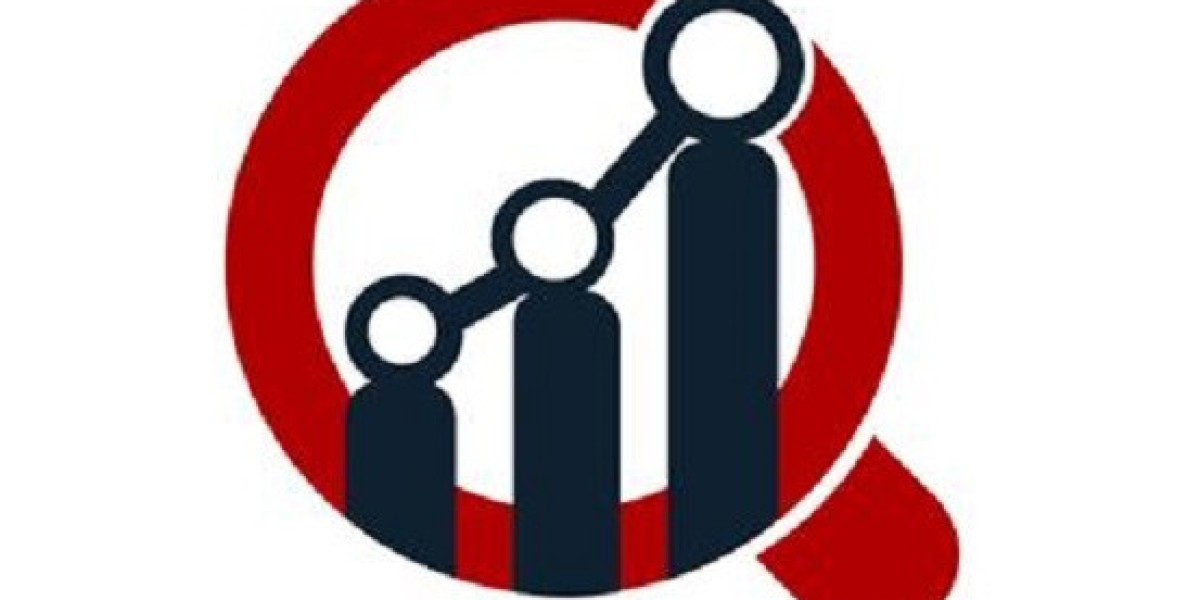Navigating the Complexities of Traumatic Brain Injury Treatment
A traumatic brain injury (TBI) occurs when an external force impacts the head, disrupting normal brain function. The severity of a TBI can range from mild, such as a concussion, to severe, resulting in prolonged unconsciousness, coma, and long-term disabilities. The consequences of a TBI can be far-reaching, affecting physical, cognitive, emotional, and behavioral functioning. Effective traumatic brain injury treatment requires a comprehensive and multidisciplinary approach, tailored to the individual's specific needs and the severity of their injury.
The Diverse Spectrum of Traumatic Brain Injuries
TBIs are incredibly diverse in their nature and impact. Mild TBIs, often referred to as concussions, may involve temporary symptoms such as headache, dizziness, confusion, and memory problems. While many individuals recover fully from a mild TBI, some may experience persistent post-concussive symptoms. Moderate to severe TBIs can result in more significant and lasting impairments, including motor deficits, speech and language difficulties, cognitive impairments (problems with memory, attention, and executive functions), sensory changes, and emotional and behavioral disturbances. The long-term effects of a TBI can significantly impact an individual's ability to work, maintain relationships, and participate in daily life.
An Integrated Approach to TBI Care
Effective traumatic brain injury treatment necessitates a coordinated effort involving a team of healthcare professionals. This multidisciplinary team may include:
- Neurologists: Physicians specializing in disorders of the nervous system, including the brain.
- Neurosurgeons: Surgeons who perform operations on the brain and spinal cord, often involved in managing severe TBIs.
- Physiatrists (Rehabilitation Physicians): Physicians specializing in physical medicine and rehabilitation, focusing on restoring function and improving quality of life.
- Physical Therapists: Help patients regain motor skills, balance, and coordination.
- Occupational Therapists: Assist with activities of daily living, fine motor skills, and cognitive rehabilitation.
- Speech-Language Pathologists: Address communication, swallowing, and cognitive impairments.
- Neuropsychologists: Evaluate cognitive and emotional functioning and develop rehabilitation strategies.
- Psychologists and Psychiatrists: Provide support for emotional and behavioral issues, including anxiety, depression, and post-traumatic stress disorder (PTSD).
- Social Workers: Assist patients and families with navigating the healthcare system, accessing resources, and providing emotional support.
- Rehabilitation Nurses: Provide specialized nursing care and coordinate rehabilitation efforts.
The Continuum of TBI Treatment
Traumatic brain injury treatment spans the entire continuum of care, from the initial injury to long-term rehabilitation and support:
- Emergency Care: Immediate medical attention focuses on stabilizing the patient, preventing secondary brain injury (e.g., from swelling or bleeding), and managing life-threatening conditions.
- Acute Care: In the hospital setting, treatment involves close monitoring of neurological status, managing intracranial pressure, and addressing any medical complications.
- Rehabilitation: This phase is crucial for maximizing functional recovery and may occur in inpatient rehabilitation facilities, outpatient clinics, or at home. Rehabilitation programs are tailored to the individual's specific deficits and goals.
- Long-Term Support: Many individuals with moderate to severe TBIs require ongoing support and management to address persistent physical, cognitive, and emotional challenges. This may include vocational rehabilitation, community-based support services, and family education and support.
Emerging Strategies and Ongoing Research
The field of traumatic brain injury treatment is continually evolving with ongoing research aimed at improving outcomes. Some emerging strategies and areas of research include:
- Advanced Neuroimaging Techniques: More sophisticated imaging techniques are being used to better understand the mechanisms of brain injury and identify potential targets for treatment.
- Pharmacological Interventions: Research is ongoing to identify medications that can help reduce secondary brain injury, promote neuroprotection, and improve cognitive function.
- Neuromodulation Techniques: Techniques like transcranial magnetic stimulation (TMS) and transcranial direct current stimulation (tDCS) are being explored as potential ways to enhance 1 brain recovery.
- Cell-Based Therapies and Neurotrophic Factors: Research is investigating the potential of stem cell transplantation and the use of growth factors to promote brain repair.
- Technology-Assisted Rehabilitation: Virtual reality, cognitive training software, and other technologies are being used to enhance engagement and effectiveness in rehabilitation programs.
A Global Commitment to TBI Recovery
While the initial keyword focused on a specific market, the principles and goals of traumatic brain injury treatment are universal. Across the globe, healthcare professionals are dedicated to providing the best possible care for individuals who have sustained a TBI, aiming to minimize the long-term consequences and maximize their potential for recovery and a meaningful life. The need for comprehensive, multidisciplinary care and ongoing research to improve outcomes is a shared priority worldwide.








